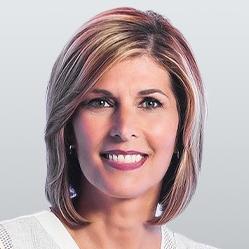While Washington, D.C. ticks down on forced COVID-19 vaccination for government employees, the police union has filed a lawsuit to stop the mandates. It is also asking a judge to issue a temporary restraining order to freeze the march toward a Feb. 15 deadline.
According to documents, at least 528 members of the D.C. Police Union, or more than one in six, are unvaccinated; and a larger number are passing up boosters. Also revealed in the union’s legal filing: at least one-quarter of the union force has already tested positive for COVID-19 after getting the COVID-19 vaccine.





